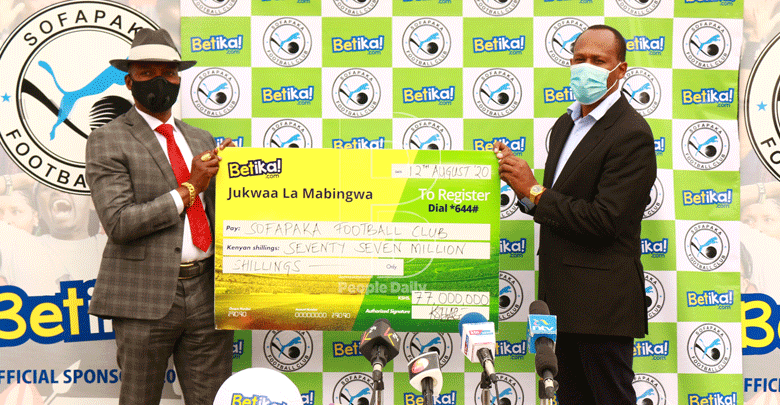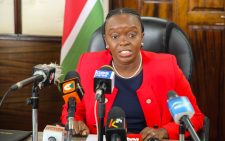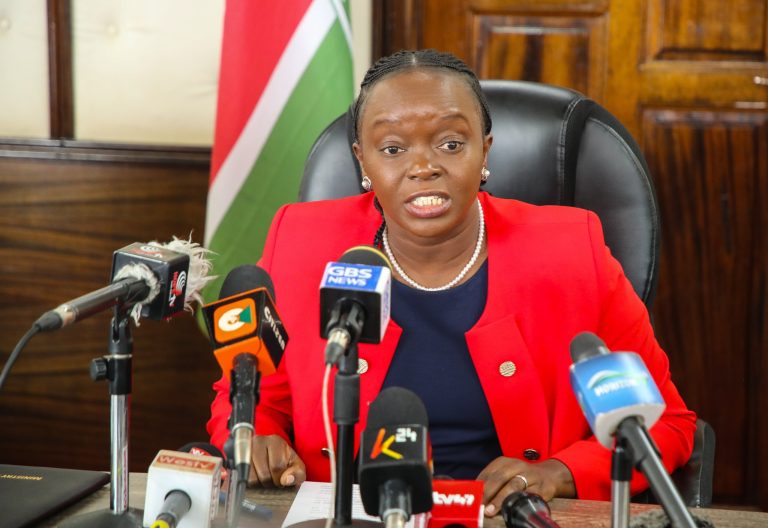Ban on betting advertisements set to be lifted

Steve Umidha @UmidhaSteve
A ban on outdoor, social media and television advertisements by sports betting companies could soon be relaxed by the government – a decision that promises profound life changes for millions of Kenyans and the sports industry.
Betting Control and Licesing Board (BCLB) Chief Executive Peter Mbugi yesterday told People Sport that the board will in the coming month issue a detailed communiqué on a possible resumption of gambling advertorials which was halted in a directive issued on April 30, 2019.
“We are considering that option but we are still in consultations with other stakeholders on that matter.
A communication will, however, be made in due course, in a month’s time,” said Mbugi in a telephone interview where he confirmed that a total of 63 betting firms were registered locally.
BCLB dealt a major blow to the now shrinking gambling business in its 2019 decision saying the move was meant to protect the public, particularly still-in-school children and under age citizens from addiction.
It banned many forms of advertising including television adverts from 6am to 10pm as well as celebrity endorsements that had been helping gambling firms woo clients.
The decision to allow operators to advertise on television for the first time in nearly two years also raises fresh concerns of an increase in problem gambling – with an increasing number of young and old Kenyans today taking part in gambling activities.
The betting control board, who is the industry regulator, had in the past few months indicated that it would rescind its decision to bar such companies from advertising on the aforementioned platforms once school kids were back in school.
The directive hit the betting industry hard, which also coincided with a protracted court battle over taxation of winnings. Local sports and media houses who heavily rely on the industry were also not left out.
It is estimated that over 76 per cent of young people in Kenya are involved in gambling, with a chunk of that figure actively taking part in sports betting activities from the current 63 BLCB licensed bookmakers or sports betting firms. While there are 22 licensed casinos in Kenya today.
A bookmaker is someone or a company that facilitates gambling, most commonly on sporting events. A bookie sets odds, accepts, and places bets, and pays out winnings.
The Kenya Parliament introduced the Gaming Bill in 2019 to monitor the system of gambling operators by imposing hefty payable taxes, a mandatory 30 per cent local ownership and disallowing gaming ads.
But the Committee on Sport, Culture and Tourism has recommended a raft of changes into the bill that is on its third reading at the parliament.
Such changes will include the removal of credit cards as a valid payment option, the potential rise of license fee from the current Sh 50 Million to Sh100 Million for a three-year license among others.
Those proposals, Mbugi says are meant to, “bring order and sanity in the sector.”
With over $281 million in confirmed betting revenue per month as of 2019, Kenya’s market is considered the largest gambling marketplace in Africa, which has seen western firms salivating the lucrative betting market.








